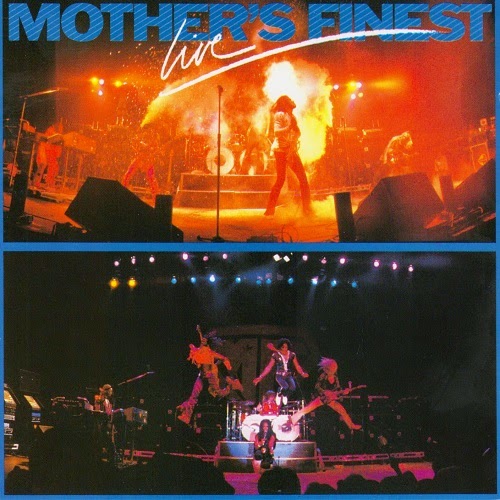 "Powerage"
is the fifth studio album by Australian hard rock band AC/DC, released in May
1978. It is also AC/DC's fourth international studio album. All songs were
written by Angus Young, Malcolm Young and Bon Scott. "Powerage"
was a first in the sense that it debuted bassist Cliff Williams, but it really
is more of a final curtain to the band's early years.
"Powerage"
is the fifth studio album by Australian hard rock band AC/DC, released in May
1978. It is also AC/DC's fourth international studio album. All songs were
written by Angus Young, Malcolm Young and Bon Scott. "Powerage"
was a first in the sense that it debuted bassist Cliff Williams, but it really
is more of a final curtain to the band's early years.
It would be the last produced by Vanda & Young, the
legendary Australian production team who also helmed hits by the Easybeats, and
it was the last before AC/DC became superstars. As such, it's perhaps the most
overlooked of their '70s records, also because, frankly, it is the most uneven
of them. Not that it's a bad record far from it, actually.
There are a few genuine classics here, most notably "Down Payment Blues" and "Up to My Neck in You," and there's a real appeal in how Bon Scott's gutter poems of excess are reaching a mythic level; there's a real sense that he truly does believe that rock & roll leads straight to hell on "Rock 'n' Roll Damnation." But overall, the record is just a bit too wobbly, one where the parts don't add up to a record as hard and addictive as before but there's still plenty worth hearing here.
Tracklist
There are a few genuine classics here, most notably "Down Payment Blues" and "Up to My Neck in You," and there's a real appeal in how Bon Scott's gutter poems of excess are reaching a mythic level; there's a real sense that he truly does believe that rock & roll leads straight to hell on "Rock 'n' Roll Damnation." But overall, the record is just a bit too wobbly, one where the parts don't add up to a record as hard and addictive as before but there's still plenty worth hearing here.
Tracklist
01. Rock 'n' Roll Damnation (A.Young, M.Young, B.Scott) - 3:06
02. Gimme a Bullet (A.Young, M.Young, B.Scott) - 3:20
03. Down Payment Blues (A.Young, M.Young, B.Scott) - 5:40
04. Gone Shootin' (A.Young, M.Young, B.Scott) - 5:22
05. Riff Raff (A.Young, M.Young, B.Scott) - 5:14
06. Sin City
07. Up to My Neck in You (A.Young, M.Young, B.Scott) - 4:12
08. What's Next to the Moon (A.Young, M.Young, B.Scott) - 3:42
09. Cold Hearted Man (A.Young, M.Young, B.Scott) - 3:32
10. Kicked in the Teeth (A.Young, M.Young, B.Scott) - 3.58
Released: 25 May 1978
Recorded at: Albert Studios in Sydney , Australia
Genre: Hard Rock
Length: 39:43
Label: Atlantic
Producer: Harry Vanda, George Young
Personnel
Bon Scott – lead vocals
Angus Young – lead guitar
Malcolm Young – rhythm guitar, backing vocals
Cliff Williams – bass guitar, backing vocals
Phil Rudd – drums













